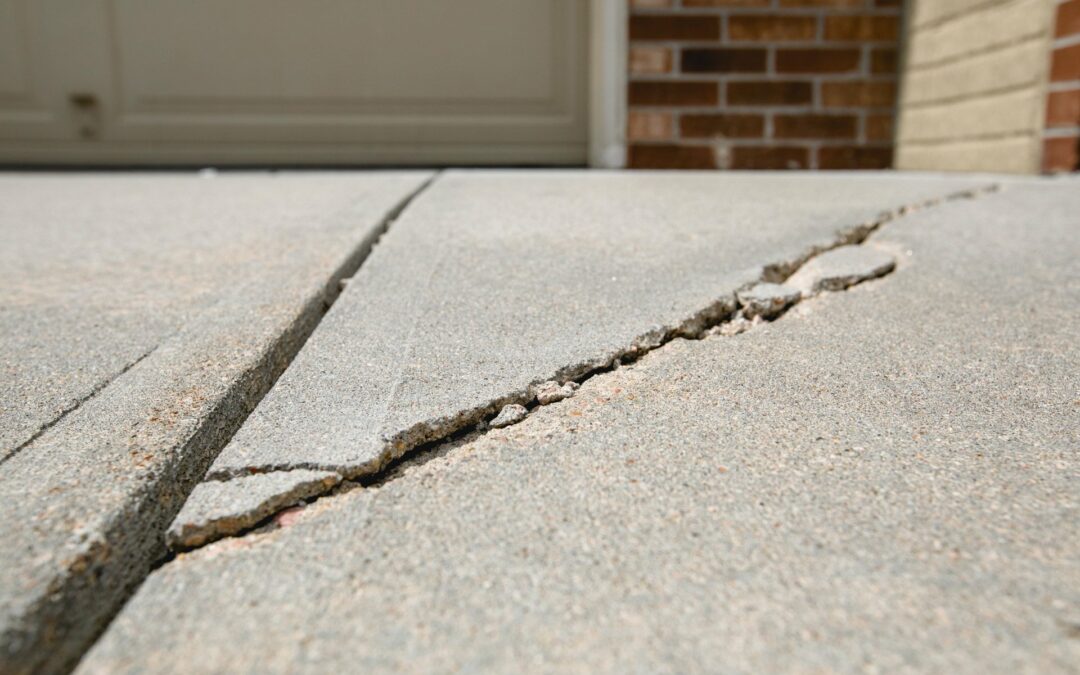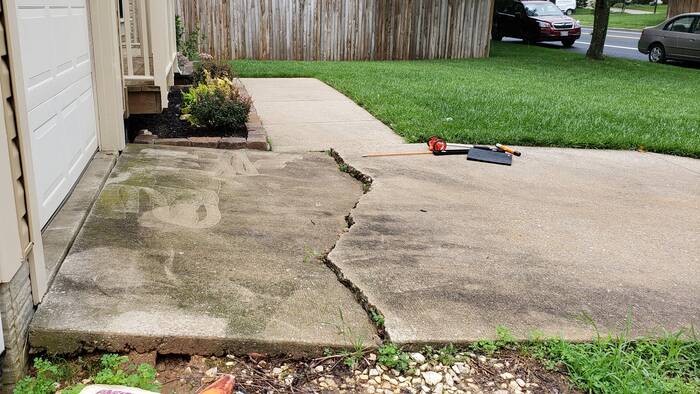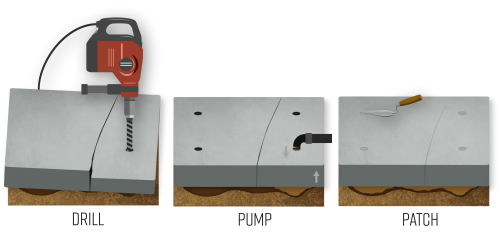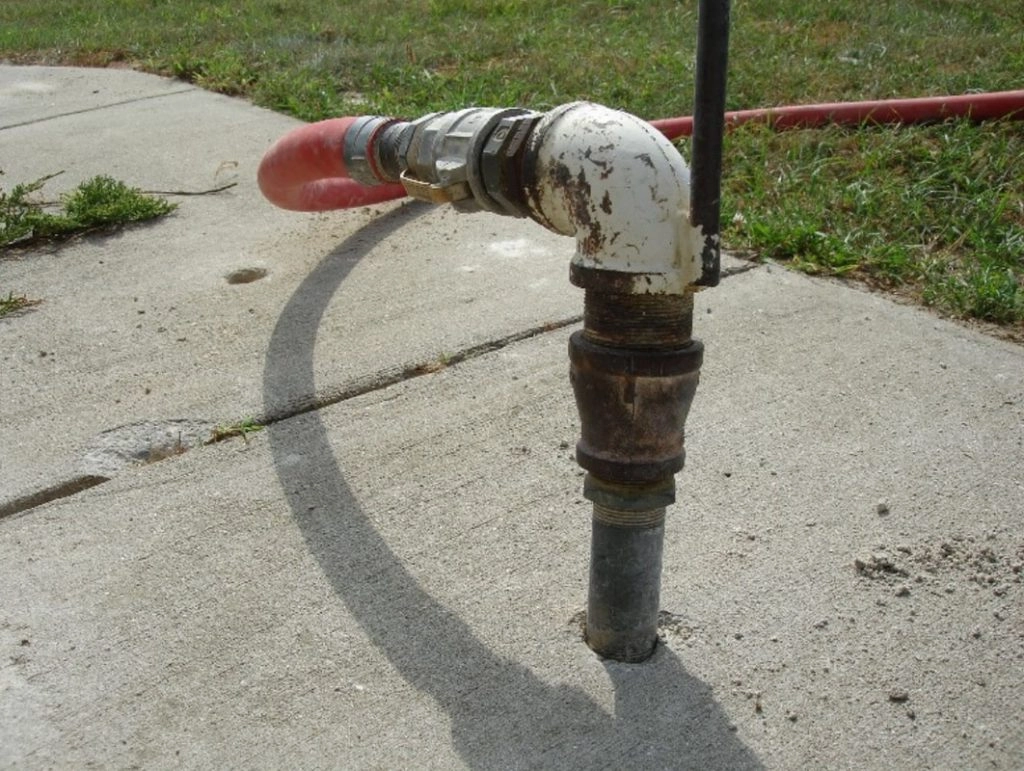Uneven concrete slabs are a common eyesore around homes. Settling foundations, shifting soil, or root growth can all cause concrete to crack and sink, creating tripping hazards and pooling water. But before you resign yourself to demolition and repouring, there might be a solution: slab lifting.
Assessing the Damage: Is Your Slab a Candidate for Lifting?
The first step is to assess the extent of the damage. Minor cracks (less than ¼ inch wide) and settling of an inch or two are generally prime candidates for lifting. However, there are limitations:
- Severity of Cracks: Large cracks (wider than ½ inch) or extensively cracked slabs are less likely to be suitable for lifting. The lifting material may not be able to bridge the gaps effectively.
- Slab Size: Very small slabs (less than 2ft x 2ft) can be difficult to lift and stabilize.
- Underlying Obstacles: Underground pipes, wires, or other structures can prevent proper lifting.
In any case, consulting a professional foundation repair contractor is crucial. They can assess the specific situation and recommend the best course of action, whether it’s lifting, mudjacking (a specific type of lifting that injects a slurry under the slab), or complete replacement.
Lifting Techniques: Raising Your Concrete Back to Level
There are a couple of main methods for lifting concrete slabs:
- Polyurethane Injection (Slabjacking): This is a popular option for lifting sunken concrete. Contractors drill small holes in the slab and inject a high-density polyurethane foam underneath. The expanding foam lifts the slab and fills any voids, stabilizing the concrete.
- Mudjacking: Similar to slabjacking, but instead of foam, a slurry of limestone, sand, and sometimes Portland cement is pumped under the slab. This is a more traditional method and can be a good choice for larger areas.
DIY vs. Professional Lifting:
While there are some DIY approaches to lifting slabs using jacks and crushed gravel, it’s generally recommended to leave this to the professionals. Lifting concrete requires specialized equipment, knowledge of proper techniques, and an understanding of potential risks. An improperly lifted slab can crack further or settle unevenly, creating more problems.
Benefits of Slab Lifting
Lifting a broken concrete slab offers several advantages over complete replacement:
- Cost-Effective: Lifting is typically significantly cheaper than demolition and repouring.
- Faster Installation: Lifting can often be completed in a day, whereas replacement takes much longer.
- Minimal Disruption: There’s minimal damage to surrounding landscaping compared to replacement.
- Environmentally Friendly: Lifting saves existing concrete from going to landfills.
Beyond Lifting: Repairing Cracks and Maintaining Your Concrete
Once your slab is lifted, you’ll likely want to address any cracks. For small cracks, a concrete crack filler can be used. Larger cracks may require professional repair with epoxy or other materials.
To prevent future problems, proper drainage around your foundation is key. Ensure gutters and downspouts divert water away from the concrete, and avoid planting trees or large shrubs too close to the slab.
Giving Your Concrete a Second Chance
With proper assessment and professional help, lifting a broken concrete slab can be a practical and cost-effective solution. You can restore your walkway or driveway to a safe, level surface and avoid the hassle and expense of complete replacement. So next time you see that uneven slab, don’t despair – with a little lifting magic, it might just be salvageable.
If you’re in Utah and facing uneven concrete, look no further than Elite Concrete Lifting. They are a trusted contractor specializing in concrete lifting and leveling using state-of-the-art techniques. Their team of experts can assess your situation and recommend the best course of action, ensuring a long-lasting and affordable repair. Contact Elite Concrete Lifting today for a free consultation and get your concrete back in tip-top shape!
